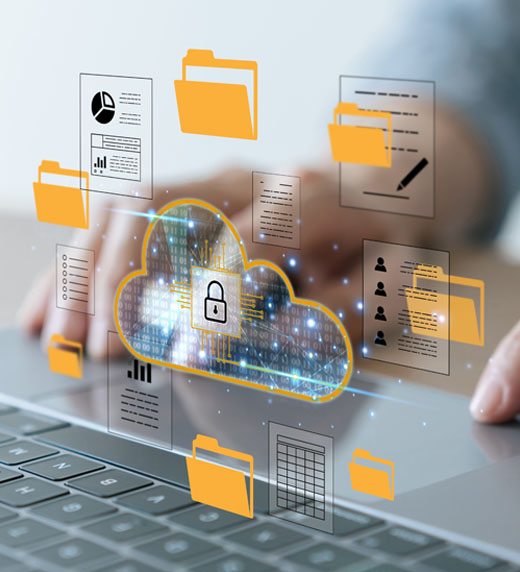
A music industry licensing management firm needed to verify the accuracy of self-reported music performance statements provided by various licensees in order to collect and distribute royalties to the content owners (artists and musicians).
Armanino’s royalty experts examined the royalty statements provided by licensees. Conducting reasonableness testing of the underlying methodologies for calculating usage and using publicly available data to form our own assumptions, we recalculated the actual number of performances during the period.
The company successfully identified more than $11M in unpaid royalties and interest penalties from licensees.
When content is performed for the public, the content creator/rights owner is due to earn royalties. The company is a nonprofit collective rights management organization designated to collect and distribute digital performance royalties from statutory licenses. A statutory license makes it easy for some businesses/licensees to pay for the content used as part of day-to-day operations, so they do not need to negotiate a deal with every individual rights owner.
The company relies on licensees to self-report usage, and thus self-report royalties owed. They have no visibility into the accuracy of the usage statements. Further, licensees have an incentive to underreport usage or to liberally claim exclusions in order to drive down their royalty payments.
Armanino has a team of experts skilled in the examination of usage statements and the calculation of royalty payments. We are also well versed in the applicable regulations governing statutory licenses. With this knowledge, we conducted a series of royalty assessments targeting high-risk licensees.
We performed a detailed review of each licensee’s self-reported usage statements, probing for unexplainable gaps in the data, and conducted process interviews with licensee personnel to understand the methodology used to generate the reported usage numbers. This involved identifying the licensee’s process for estimated usage and assessing their compliance when excluding usage from being reported. We reconciled the methodology against other publicly available data sources and our own understanding from previous assessments and recalculated the licensee’s actual usage during the period, noting any underreporting.
To enable the company to recoup the underreported fees and penalties, Armanino’s experts had to technically confirm:
After performing a limited number of assessments, Armanino was able to identify hundreds of millions of instances where usage was not appropriately self-reported by the licensee. This underreporting amounted to more than $11M in royalties and interest penalties owed to the management firm by the licensees. The licensees have also amended their methodology to address weaknesses identified by Armanino, which will increase reporting accuracy (and decrease forgone royalties) going forward.
Reach out to our Contract Compliance experts today for a comprehensive assessment of your third-party relationships.


